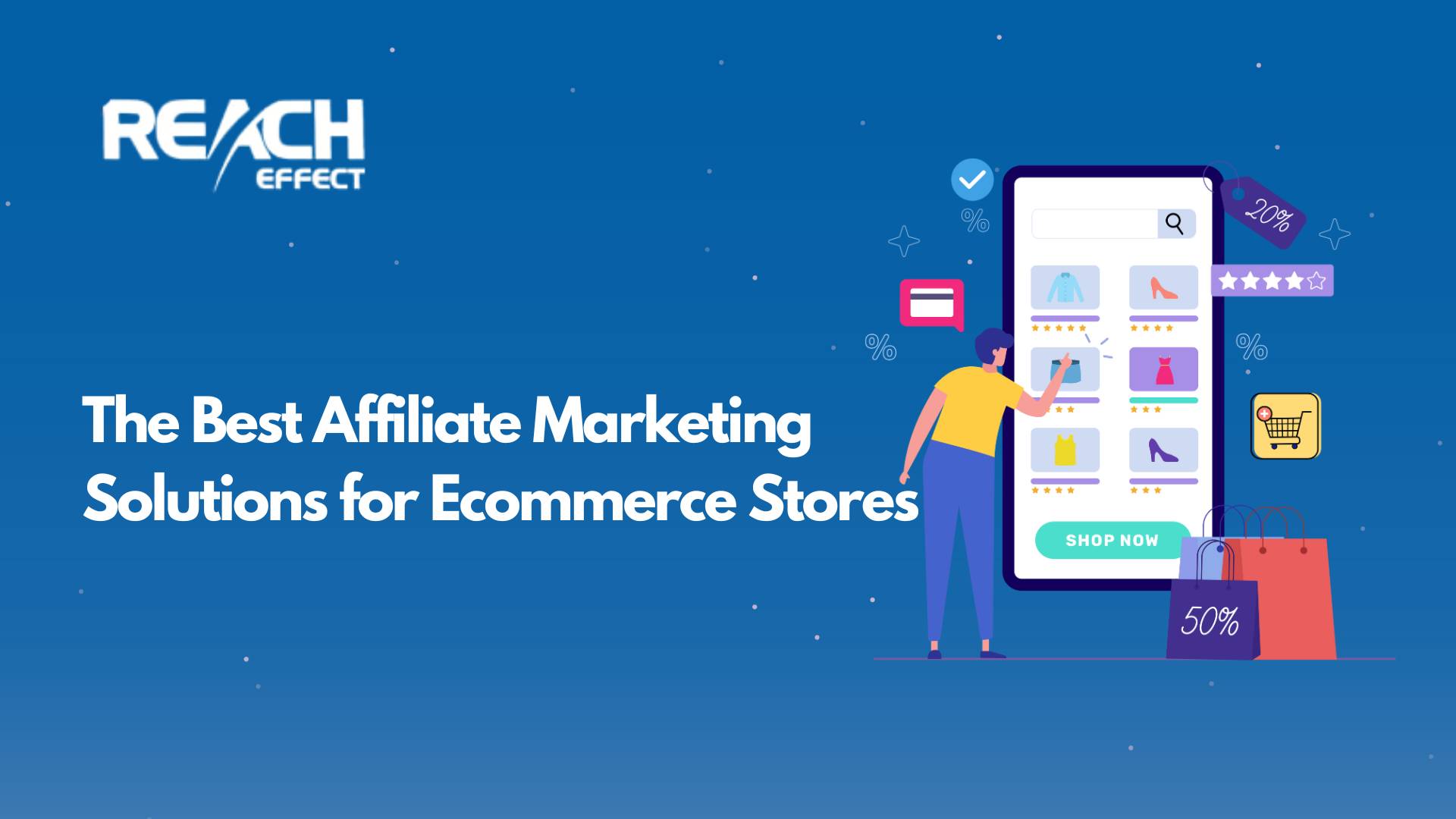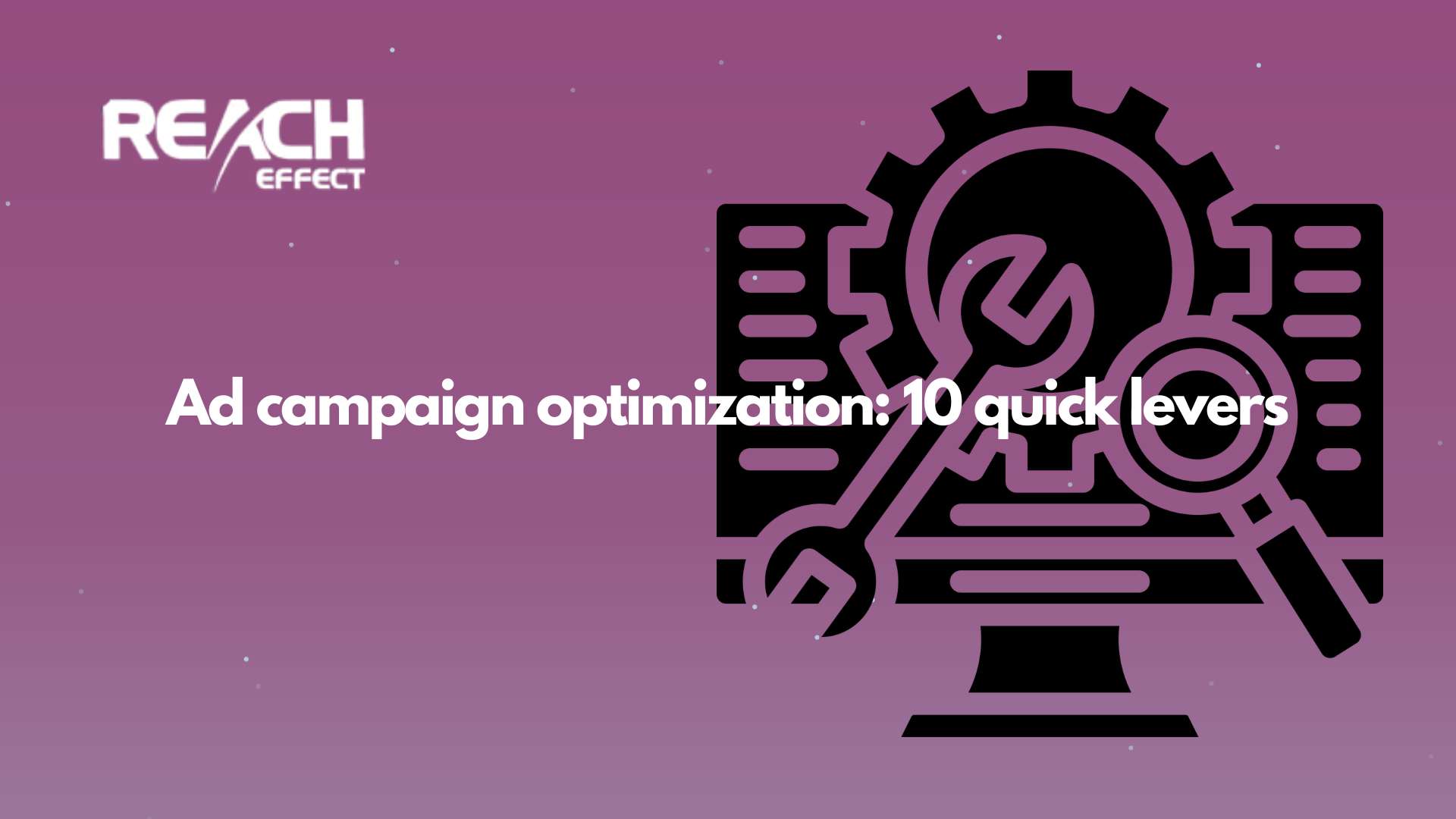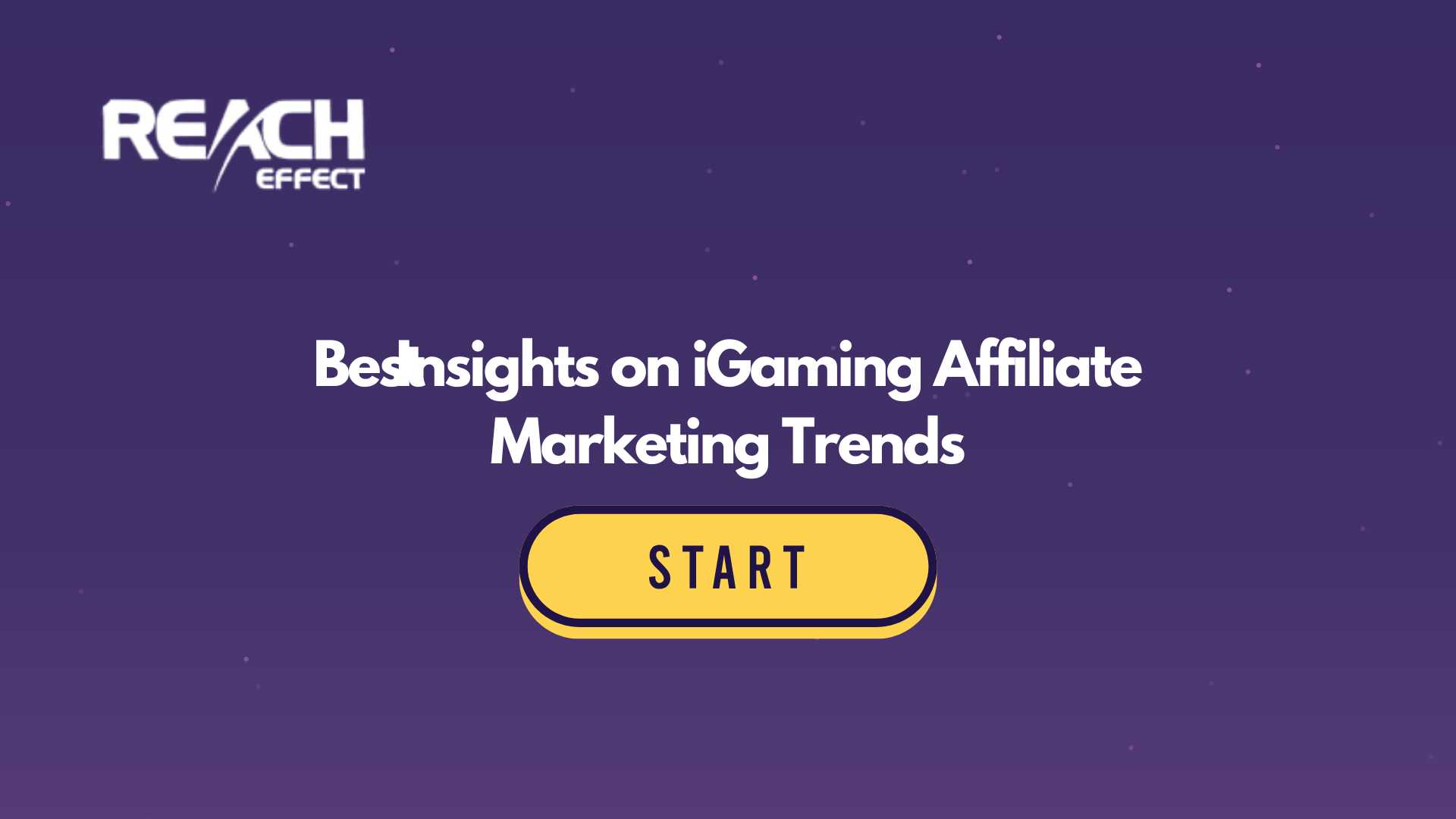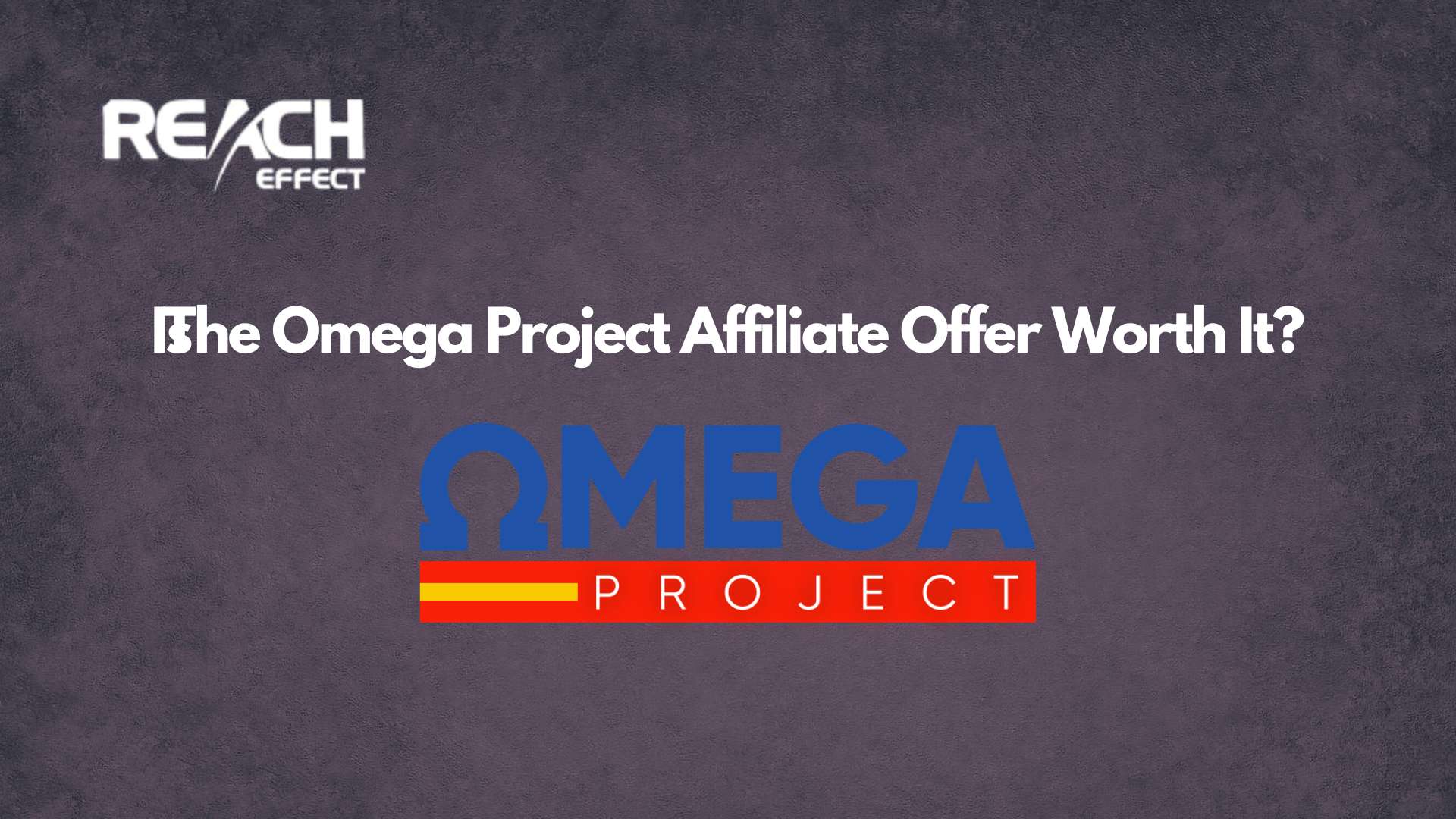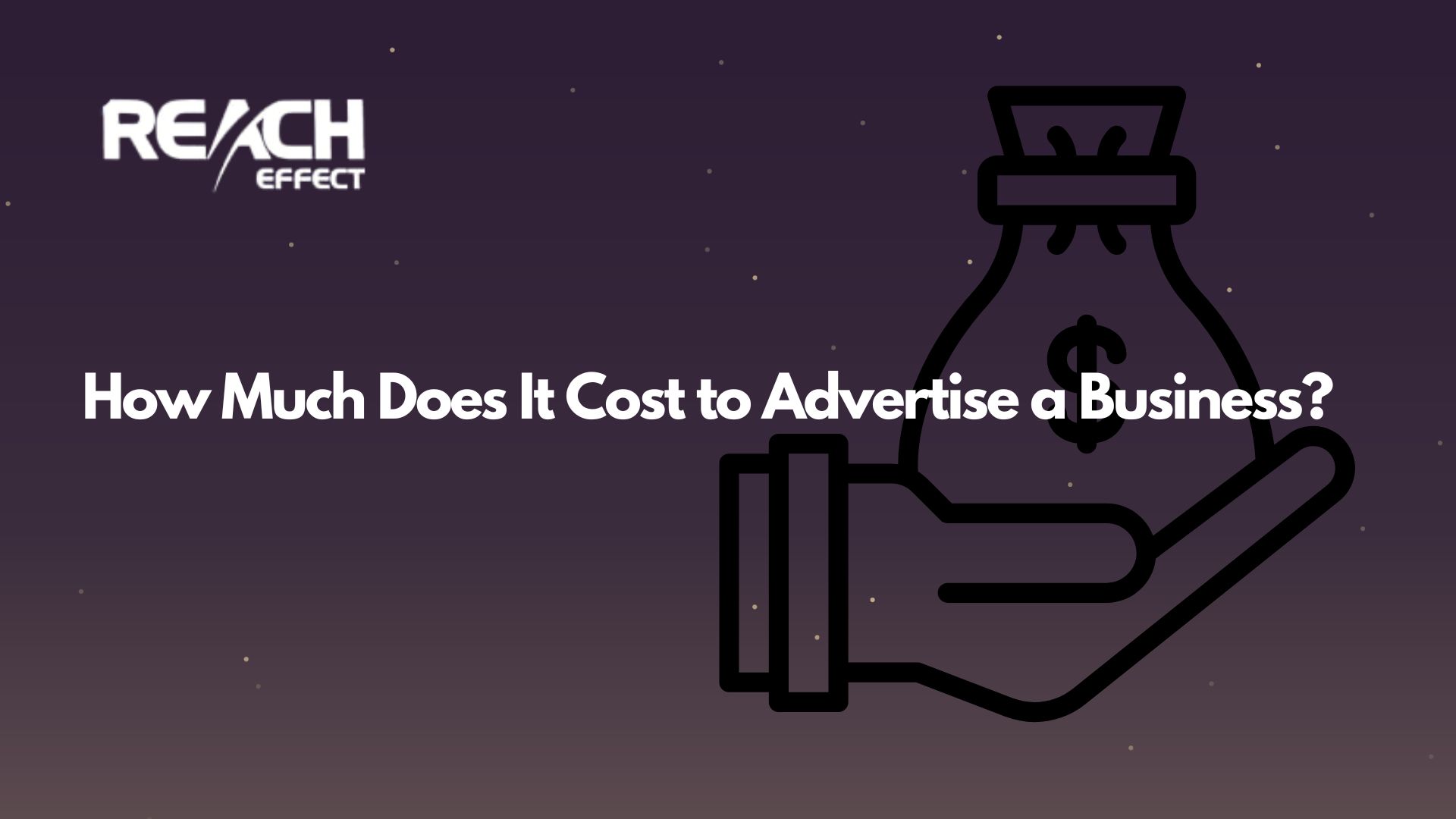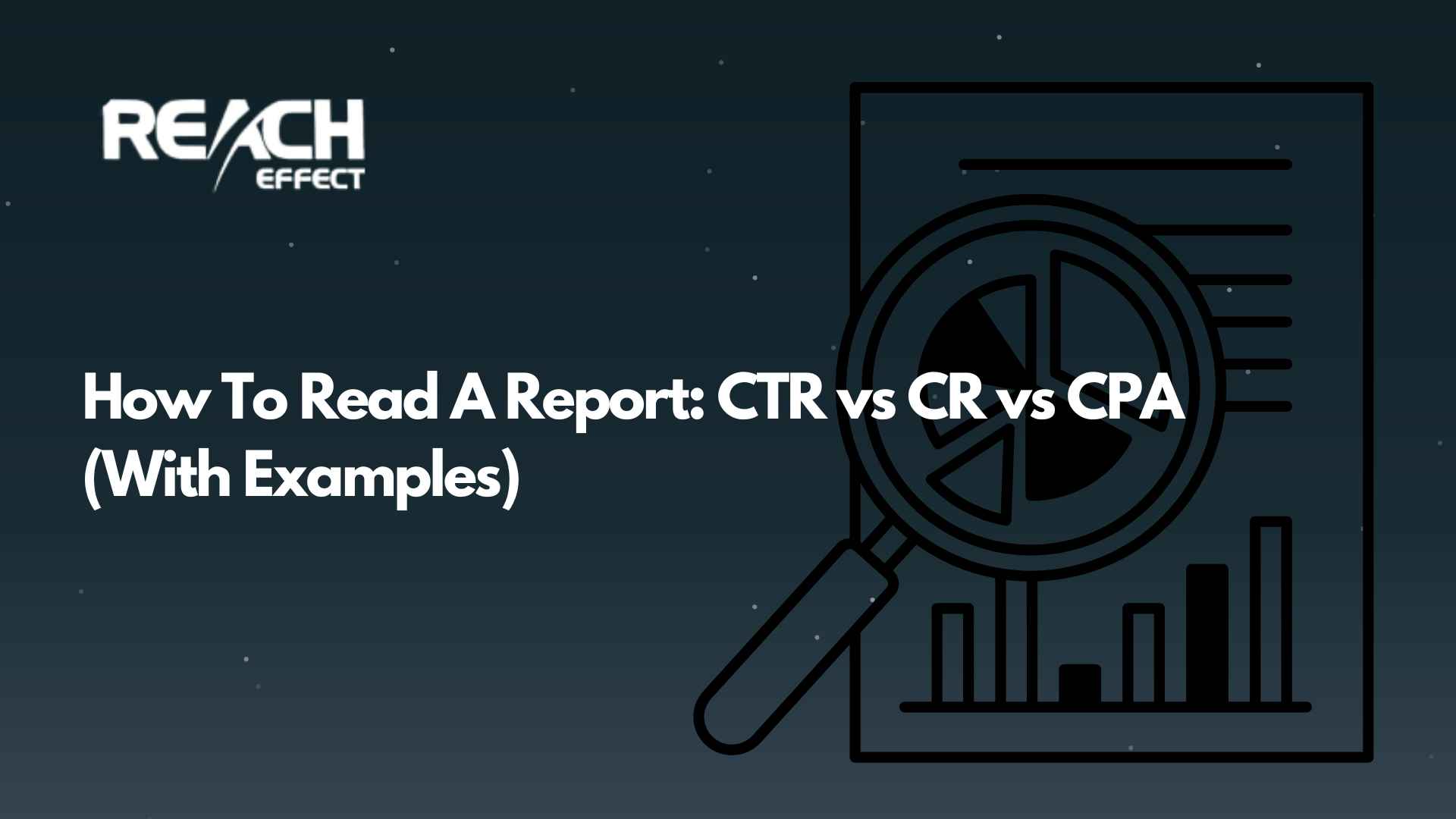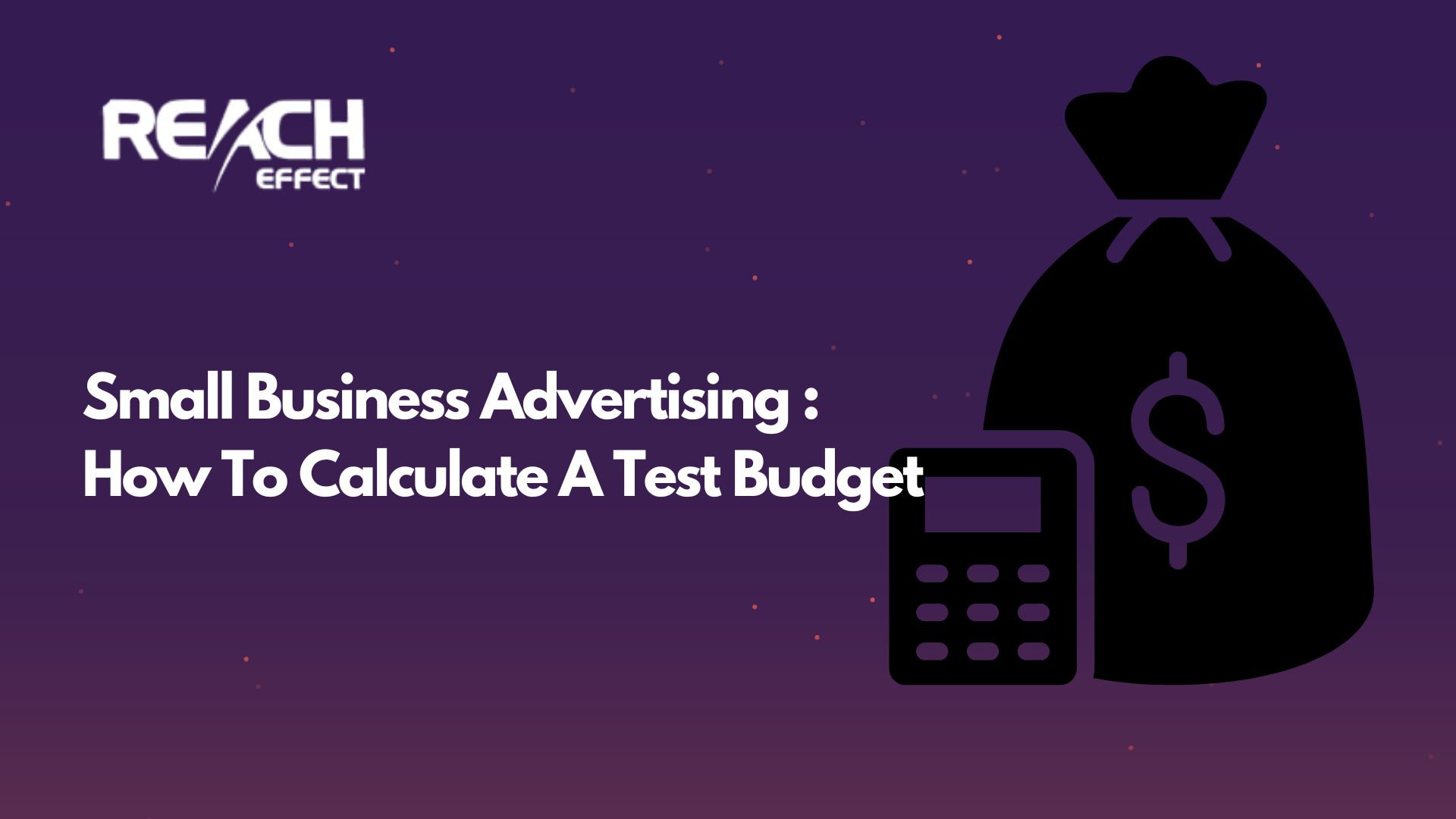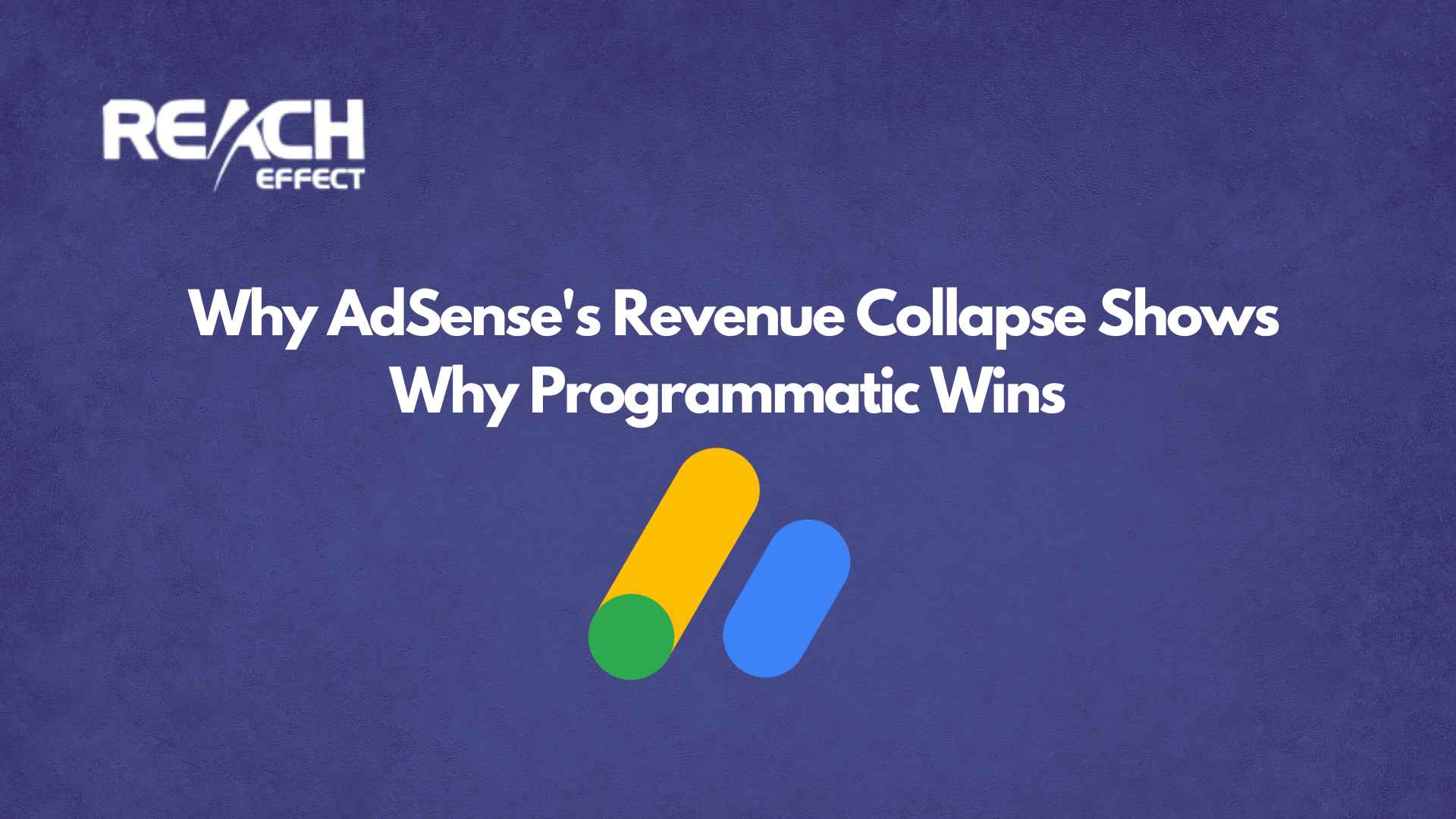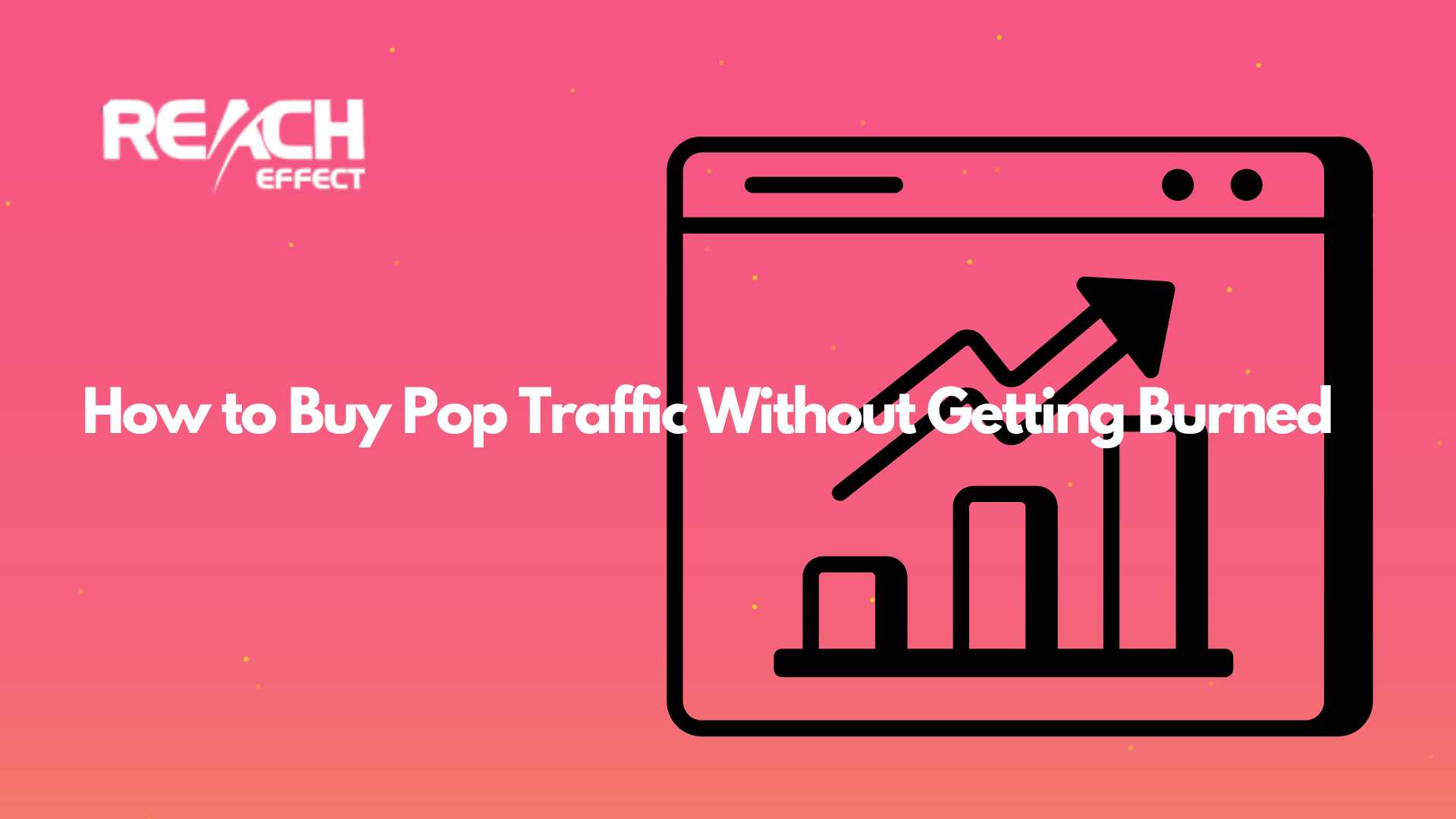Running an ecommerce store means competing in a crowded marketplace where every sale counts. I’ve spent years testing different growth strategies, and I can tell you that affiliate marketing remains one of the most cost-effective ways to scale your store. You only pay when you make sales, and you’re essentially building an army of brand advocates who promote your products to audiences you’d never reach otherwise.
But here’s the thing. Not all affiliate marketing solutions are built the same. Some are perfect for small Shopify stores just getting started, while others are designed for enterprise brands managing thousands of affiliates across multiple countries. Choosing the wrong platform can mean wasting money on features you don’t need or missing critical functionality that could make or break your program.
I’ve tested dozens of platforms over the years, watched programs succeed and fail, and learned what actually matters when you’re building an affiliate marketing solution for ecommerce. This guide breaks down the best options available right now, what makes each one unique, and how to choose the right fit for your store.
Why Affiliate Marketing Works Perfectly for Ecommerce
Before we dive into specific platforms, let me explain why affiliate marketing has become such a powerful channel for ecommerce businesses. The model is beautifully simple. You partner with affiliates who promote your products through their blogs, social media, email lists, or other channels. When someone clicks their unique tracking link and makes a purchase, the affiliate earns a commission.
For ecommerce stores, this creates several advantages over traditional advertising. First, the risk is minimal. You’re not paying for impressions or clicks that might never convert. You’re paying a percentage of actual sales, which means your customer acquisition cost is predictable and scalable.
Second, affiliates bring their own established audiences. A lifestyle blogger with 50,000 engaged readers can introduce your brand to people who already trust their recommendations. Third, affiliate content lives forever. A blog post reviewing your product continues generating sales months or even years after publication.
The challenge is managing all the moving parts. You need reliable tracking to ensure affiliates get credit for their sales. You need a smooth payment system to keep them motivated. You need reporting tools to identify your top performers and optimize your program. That’s where the best affiliate marketing solution for ecommerce comes in.
What Makes a Great Ecommerce Affiliate Marketing Solution
Not every affiliate platform will serve your ecommerce business well. Through my experience, I’ve identified the key features that separate excellent solutions from mediocre ones.
Seamless ecommerce platform integration is non-negotiable. Your affiliate software needs to connect directly with Shopify, WooCommerce, BigCommerce, or whatever platform powers your store. Manual tracking is a nightmare that leads to missed commissions and frustrated affiliates. The best solutions offer native integrations that automatically track sales, calculate commissions, and sync product data.
Flexible commission structures let you reward different affiliates appropriately. Maybe you want to pay influencers a higher rate than coupon sites. Perhaps you want to offer bonuses when affiliates hit certain sales targets. The platform should let you customize rates by affiliate, product category, or performance tier without requiring a developer.
Reliable tracking and attribution protects both you and your affiliates. Cookie-based tracking is still standard, but the best platforms also support cookie-less methods like coupon codes and first-party tracking that works across domains. With privacy regulations getting stricter, having multiple attribution methods ensures you don’t lose sales data.
Automated payment processing saves countless hours. Instead of manually calculating commissions and initiating payments each month, the platform should handle everything automatically. Look for solutions that support multiple payment methods like PayPal, direct deposit, and international transfers.
Recruitment tools help you find quality affiliates. Some platforms include built-in marketplaces where affiliates browse programs and apply. Others offer referral features where your existing affiliates can recruit new partners. The easier it is to grow your network, the faster your program scales.
Performance analytics show you what’s working. You need real-time dashboards displaying key metrics like clicks, conversions, average order value, and revenue by affiliate. Advanced platforms offer cohort analysis, attribution reports, and ROI tracking that help you optimize your program strategically.
Top Ecommerce Affiliate Marketing Platforms
After evaluating platforms based on these criteria, I’ve identified the best affiliate marketing solutions for ecommerce stores across different needs and budgets.
Refersion: Best Overall for Growing Ecommerce Brands
Refersion has become my go-to recommendation for most ecommerce businesses. The platform strikes the perfect balance between powerful features and user-friendly design. Setting up takes maybe 30 minutes if you’re on Shopify or WooCommerce. The dashboard is intuitive enough that you don’t need extensive training to manage your program.
What sets Refersion apart is how well it handles the complete affiliate lifecycle. Recruiting is streamlined with customizable application forms and an affiliate marketplace where potential partners can discover your program. Once approved, affiliates get their own dashboard with real-time tracking of clicks and conversions. The automated payment system processes commissions and generates tax documents, saving you from manual accounting headaches.
UpPromote: Best Budget-Friendly Option for Shopify Stores
If you’re running a Shopify store and want to start affiliate marketing without a huge investment, UpPromote deserves serious consideration. The platform offers a surprisingly robust feature set at entry-level pricing, with plans starting at just $21.99 per month. There’s even a free tier for stores wanting to test the waters before committing.
Despite the lower price point, UpPromote doesn’t skimp on essential features. You get unlimited affiliates, customizable commission structures, and automated tracking through both links and discount codes. The affiliate portal is clean and straightforward, making it easy for partners to grab their links and monitor performance. You can create different commission tiers to reward top performers, and the platform supports multi-level marketing if you want affiliates to recruit sub-affiliates.
ShareASale: Best Network for Accessing Established Affiliates
ShareASale operates differently from the software platforms I’ve mentioned. It’s an affiliate network that connects merchants with over 241,000 active publishers and affiliates. Rather than building your network from scratch, you tap into this massive pool of experienced partners already looking for products to promote.
This approach offers distinct advantages for ecommerce stores. The affiliates on ShareASale are professionals who understand conversion optimization and content marketing. Many have established audiences in specific niches, whether that’s fashion, home goods, technology, or outdoor gear. When you list your program on ShareASale, qualified affiliates can discover and apply to promote your products.
Rakuten Advertising: Best for Premium Brand Partnerships
Rakuten Advertising (formerly Linkshare) caters to ecommerce brands focused on quality over quantity in their affiliate relationships. The network includes over 150,000 publishers, but what sets it apart is the caliber of both merchants and affiliates. You’ll find yourself alongside respected brands, and the affiliates tend to be established publishers with significant reach.
The platform leverages AI-powered tools to optimize partnership matching. Features like Audience Engine help you identify and target specific consumer segments, while Affiliate Conversion Journey provides insights into how customers interact with affiliate content before purchasing. These analytics go beyond basic conversion tracking to help you understand the complete customer path.
Additional Solutions Worth Considering
Several other platforms serve specific ecommerce needs effectively. Trackdesk offers a streamlined, user-friendly interface that’s perfect for brands wanting simplicity without sacrificing functionality. LeadDyno specializes in SaaS and ecommerce businesses, with a focus on both affiliate and referral marketing. GrowthHero excels at multi-tier programs and MLM structures if that fits your business model.
Post Affiliate Pro provides extensive customization options and supports unique commission structures. The platform has been around for years and offers reliable tracking across various scenarios. GoAffPro is another budget-friendly Shopify option with surprisingly powerful features, holding a 14.5% market share in the affiliate marketing space.
For brands selling on Amazon, Upfluence recently launched Amazon Attribution Integration, allowing vendors to run affiliate campaigns that drive sales directly to their Amazon storefronts. This solves a longstanding challenge of tracking affiliate performance on third-party marketplaces.
Refersion
Best overall for growing ecommerce brands. Easy setup, full affiliate lifecycle, automation.
UpPromote
Budget-friendly for Shopify. Strong features, customizable commissions, free tier.
ShareASale
Best network for reaching 241k+ experienced affiliates. Ideal for fast program growth.
Rakuten Advertising
Premium partnerships. AI-powered matching, advanced analytics, trusted network.
Also worth a look: Trackdesk, LeadDyno, GrowthHero, Post Affiliate Pro, GoAffPro, Upfluence.
How to Choose the Right Solution for Your Store
With so many options available, selecting the best affiliate marketing solution for ecommerce requires evaluating your specific situation. Start by considering your current stage and resources.
New stores with limited budgets should prioritize affordable, easy-to-use platforms like UpPromote or GoAffPro. These solutions let you launch quickly and learn what works without significant upfront investment. Focus on platforms with good onboarding resources and responsive support, as you’ll have questions during setup.
Growing stores with established traffic benefit from mid-tier solutions like Refersion or Trackdesk. At this stage, you need more sophisticated features like performance analytics and flexible commission structures, but you’re not yet managing thousands of affiliates. Look for platforms that scale gracefully as your program grows.
Established brands with serious affiliate ambitions should evaluate enterprise solutions like Awin or Rakuten. These platforms justify their higher costs through access to premium affiliate networks, advanced analytics, and dedicated support. If affiliate marketing will be a major revenue channel, invest in tools that provide competitive advantages.
International sellers must prioritize platforms with strong multi-currency support and global affiliate networks. Awin leads here, but ShareASale and Rakuten also handle international programs well. Consider whether the platform has established affiliate relationships in your target markets.
Multi-channel merchants need solutions with robust integration capabilities. If you sell through your own site, Amazon, and retail partners, you need tracking that works across all channels. Refersion and Upfluence excel at multi-channel attribution.
Think about your technical resources too. Some platforms require developer involvement for custom setups, while others offer plug-and-play simplicity. Be honest about your team’s capabilities and choose accordingly.
Driving Traffic to Your Affiliate Offers with Reacheffect
Here’s something most ecommerce stores overlook when building their affiliate programs. You’re focused on recruiting affiliates and managing commissions, which is absolutely important. But your affiliates need traffic sources to actually promote your products effectively. This is where understanding the complete ecosystem becomes crucial.
Reacheffect operates as a powerful advertising network that bridges the gap between your affiliate program and actual customer acquisition. While platforms like Refersion or ShareASale help you manage affiliate relationships and track commissions, Reacheffect provides the traffic infrastructure that makes those affiliate campaigns perform.
Push notifications through Reacheffect work incredibly well for ecommerce promotions because they deliver timely offers directly to users’ devices. Your affiliates can run campaigns highlighting your sales, new product launches, or exclusive discounts, reaching potential customers even when they’re not actively browsing. The immediacy of push notifications creates urgency that drives conversions.
Pop ads maximize reach by capturing attention at strategic moments during users’ browsing sessions. While some marketers dismiss popups as intrusive, when targeted correctly and offering genuine value, they remain one of the most cost-effective ways to drive traffic at scale. Your affiliates can test different offers quickly and identify what resonates with audiences.
Native ads build trust by blending seamlessly into content rather than disrupting the user experience. For ecommerce products, especially those requiring some consideration before purchase, native placements allow affiliates to tell your brand story and showcase product benefits in a natural way. These ads don’t scream “advertisement,” which makes users more receptive.
Banner ads reinforce brand presence across the web, keeping your products visible to potential customers through repeated exposure. They work particularly well for retargeting campaigns where affiliates can reach people who’ve already shown interest but haven’t purchased yet.
Push Notifications
Send time-sensitive offers straight to users’ devices to boost urgency and conversions.
Pop Ads
Maximize reach with strategic, cost-effective popups that capture attention fast.
Native Ads
Blend seamlessly into content to build trust and tell your brand story naturally.
Banner Ads
Reinforce your brand through consistent exposure and powerful retargeting.
The Difference Maker
What makes Reacheffect particularly valuable for ecommerce affiliate programs is the flexibility in pricing models. Affiliates can run campaigns on CPC (cost per click), CPM (cost per thousand impressions), CPA (cost per acquisition), or CPL (cost per lead) depending on their strategy and budget. This flexibility means both new affiliates testing your products and experienced partners scaling successful campaigns can find a model that works.
The global reach is another significant advantage. Reacheffect provides worldwide traffic with sophisticated targeting options, which matters tremendously if you’re selling internationally or want affiliates to test different geographic markets. An affiliate might discover that your products perform exceptionally well in a country you hadn’t considered, opening new expansion opportunities.
Making Your Decision
Choosing the best affiliate marketing solution for ecommerce ultimately depends on your unique circumstances. There’s no single right answer that works for everyone. A small Shopify store selling handmade jewelry has completely different needs than an international fashion brand with millions in revenue.
What matters most is finding a solution that matches your current stage while offering room to grow. You want reliable tracking that ensures affiliates get credited properly. You need a payment system that makes commission processing painless. You benefit from recruitment tools that help expand your network and analytics that guide optimization decisions.
Remember that your affiliate program is a long-term investment. The partners you recruit and the relationships you build compound over time. Choose a platform that will support that growth and won’t require painful migrations as you scale. The right affiliate marketing solution becomes a revenue engine that runs increasingly efficiently as you refine and optimize your program.

